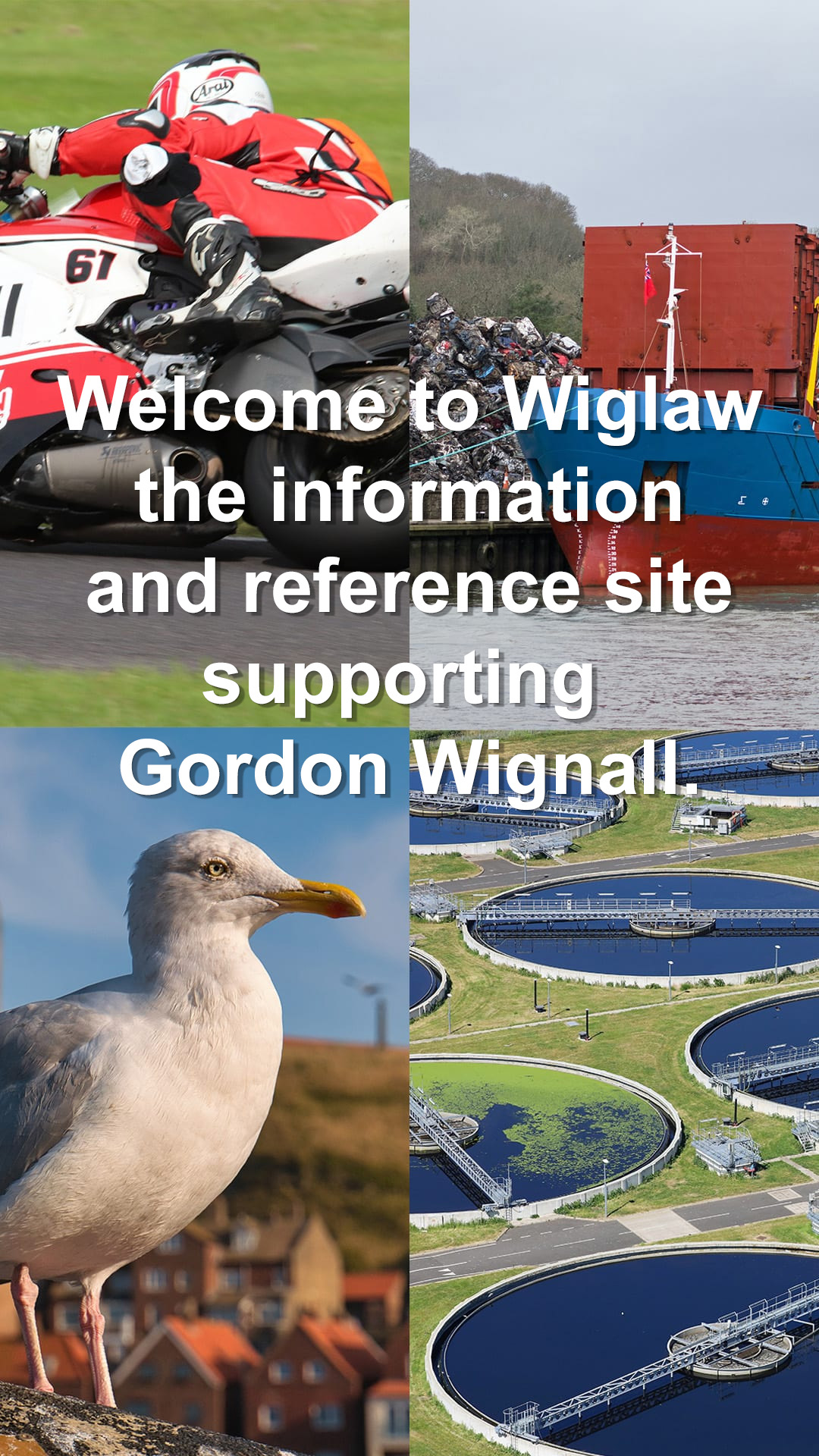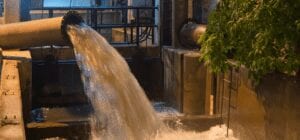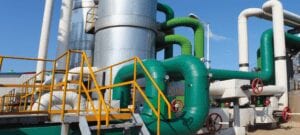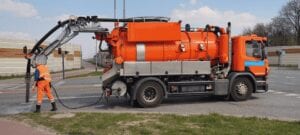Welcome to Wiglaw
the information and reference site
supporting Gordon Wignall.

Gordon offers expert advice assisting companies, individuals, and solicitors with complex issues arising out of these and related aspects of environmental law:
Having been a barrister with a specialist interest in environmental, nuisance, and waste law for more than 25 years, I have represented a broad range of clients in many different cases. This site is in addition to my main gordonwignall.co.uk website. In it, I share a wide and in-depth range of information including legal guides and reference material, with the aim of helping those who need a little more insight into an area where they require help.
For advice and support, contact Gordon Wignall
Telephone 0207 797 8400 or request a consultation.
GUIDES TO THE LAW OF NUISANCE
The principle aim of this site is to explain how the modern law of nuisance can best be understood and utilised.
WASTE
Waste offers opportunities, but at the cost of regulatory complexity. These summaries provide a readable approach to topics with an international flavour.
ENVIRONMENTAL PERMITTING LAW
These guides provide a comprehensible approach to this EU-driven regulatory scheme and to key legal issues.
OTHER AREAS OF INTEREST
This site also takes a look at other areas of interest, including core pollution and waste offences and remediation schemes.
GUIDES TO THE LAW OF NUISANCE

Private nuisance
A set of themes classified in four ways: strict liability, ‘sensible discomfort’, ‘measured duty of care’ and ‘encroachment’.

Property damage
Hazardous and dangerous and acts connected with the use of land: private nuisance and strict liability have little room for “reasonableness”.

‘Plagues of Egypt’
Fumes, noise, dust, smoke and other forms of ‘sensible discomfort’: today’s nuisance laws derived from the time of the industrial revolution.

The ‘Leakey’ duty
The measured duty of care to take reasonable steps to avoid harm: continuing or adopting a hazard and the increasing role of negligence.

Public nuisance
Personal injury, highway obstruction and environmental health constitute these civil and criminal cases. They have little connection with private nuisance.

Statutory nuisance
The statutory nuisance regime requires local authorities to act on behalf of residents where there are both public and private nuisances.

Section 82
Section 82 allows residents to run their own statutory nuisance cases. This can be highly effective. Costs and expenses are recoverable.

Flooding and water
Liability for flooding has been checked by some important defences likely to be explored further by the courts in a time of unpredictable weather events.

Subsidence and trees
Liability for cracking caused by tree roots and differential movement to properties has brought about a self-contained body of law.
THE ENVIRONMENTAL PERMITTING REGULATIONS

Environmental Permitting
Permitting in plain English: how the regulations work, authorisation (grant), termination and insolvency.

Regulators’ powers and enforcement
Variation, enforcement, suspension, criminal offences and other regulatory powers.

Appeals and legal challenges
Statutory appeals, High Court challenges and injunctions: how to keep your business on its feet.
WASTE

Transboundary waste
Waste shipments and the Basel Convention: the net is tightening. Post-‘Brexit’, EU and UK law will remain closely aligned.

Waste ships
Ship decommissioning: Basel and Hong Kong conventions and EU and UK laws; approved shipyards.

End of waste
Little practical guidance is available from the UK legislature in this area of ‘green’ commercial opportunity
OTHER AREAS OF INTEREST

Coastal erosion
Can property owners on the coast use statute or common law to alleviate the dangers of coastal erosion?

Pollution offences
Key criminal offences, landowners and landfill tax. What powers do Regulators have to prevent and remediate pollution?
 Business disruption
Business disruption
Business interruption insurance: Covid-19 and key Court guidance – the FCA’s recent test case.
